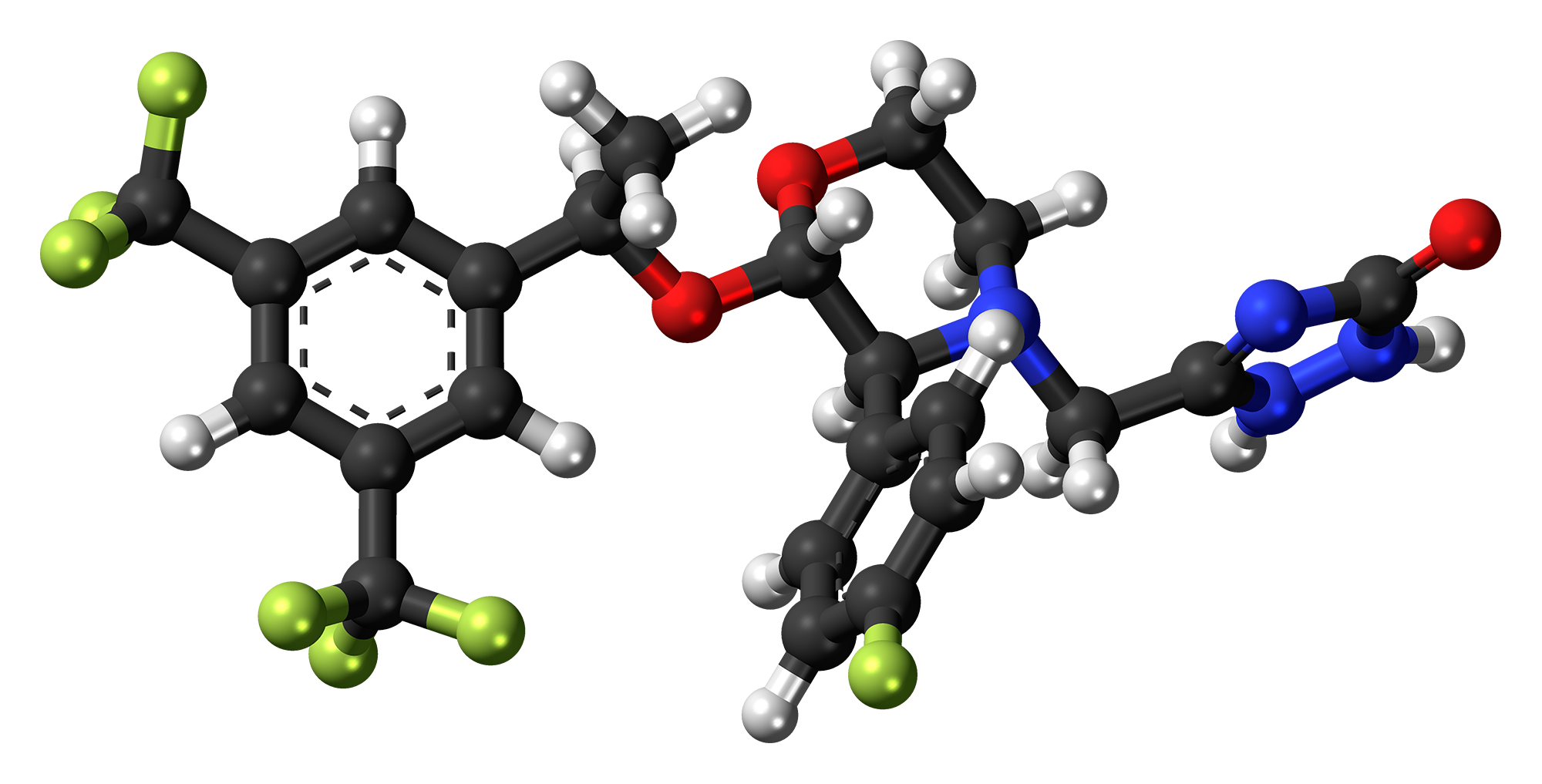Emend
- I. Introduction to Emend
- II. Composition of Emend
- III. How Emend Works
- IV. Uses of Emend
- V. Off-Label Use of Emend
- VI. Dosage and Administration of Emend
- VII. Side Effects of Emend
- VIII. Interactions with Emend
- IX. Warnings and Contraindications
- X. Special Considerations in Administration
- XI. Overdose and Management
- XII. Storage and Handling Precautions
- XIII. Important Precautions and Patient Education
I. Introduction to Emend
Emend, also known as aprepitant, is a medication used primarily to prevent nausea and vomiting caused by cancer chemotherapy and surgery. It falls under the category of drugs called NK1 receptor antagonists, which are essential in suppressing these side effects. Amends approval by the FDA in the 2000s marked a significant milestone in improving supportive care for cancer patients. Its development was driven by the desire to enhance the management of chemotherapy-induced side effects. Ultimately improve the quality of life for those affected by cancer.
II. Composition of Emend
Emend contains aprepitant as its ingredient, which selectively blocks neurokinin 1 (NK1) receptors responsible for triggering the body's vomiting reflex. The formulation of Emend includes inactive compounds like lactose monohydrate, microcrystalline cellulose, and sodium lauryl sulfate that help maintain the stability of the drug and improve its absorption in the body.

III. How Emend Works
How Aprepitant Works: Aprepitant acts by inhibiting the activity of substance P, which is a neuropeptide at the neurokinin 1 (NK1) receptors located in the part of the brain responsible for triggering vomiting. This blocking mechanism plays a role in reducing nausea and vomiting, particularly those induced by chemotherapy. Pharmacokinetics and Pharmacodynamics: Aprepitant has a distinct pharmacokinetic profile characterized by its rapid absorption into the body and widespread distribution. Its pharmacodynamic properties ensure lasting antiemetic effects, crucial for patients undergoing extended chemotherapy sessions.
IV. Uses of Emend
Aprepitant is a medication used to prevent chemotherapy-induced nausea and vomiting (CINV) and to prevent postoperative nausea and vomiting (PONV) 1. It is taken by mouth or administered by intravenous injection 1. The effectiveness of Emend for these uses has been supported by clinical trials demonstrating a substantial decrease in the occurrence of nausea and vomiting among patients 1.
Here are some references that provide more information about Aprepitant and Emend:
- Wikipedia: This website provides a general overview of Aprepitant, including information about its uses, mechanism of action, pharmacokinetics, clinical trials, and history1.
- Drugs.com: This website provides information about Aprepitant’s uses, dosage, side effects, and warnings2.
- Medscape: This website provides information about Aprepitant’s dosing, indications, interactions, adverse effects, and more3.
- MedlinePlus: This website provides information about Aprepitant’s drug information4.
V. Off-Label Use of Emend
Research studies and case reports have shown results in these off-label uses indicating that Emend can be beneficial in a wider range of clinical scenarios 2.
Here are some references that provide more information about Emend:
- Drugs.com: This website provides information about Emend’s uses, dosage, side effects, and warnings1.
- Medscape: This website provides information about Emend’s dosing, indications, interactions, adverse effects, and more3.
- MedlinePlus: This website provides information about Emend’s drug information4.
- PubMed: This website provides information about Emend’s off-label uses2.
VI. Dosage and Administration of Emend
Typical Dosage Recommendations: The recommended dosage of Emend depends on the specific condition being treated. When dealing with nausea and vomiting caused by chemotherapy, a particular regimen is typically followed, which usually involves starting with a dose before chemotherapy and gradually reducing it. Adjustments for Different Patient Groups: It is often necessary to make dosage adjustments for patients with liver or kidney problems. Recommendations for Administration: Emend can be taken orally. It's important to stick to the prescribed schedule for best results.
VII. Side Effects of Emend
Common Side Effects: Adverse effects include tiredness, diarrhea, and hiccups. Generally, these are mild and temporary. Uncommon but Significant Side Effects: While not frequently encountered, Emend can potentially result in side effects such as severe allergic reactions and interference with the effectiveness of other medications. Addressing Side Effects: Handling products entails treating the symptoms directly and may necessitate adjusting the dosage or discontinuing therapy in severe instances.

VIII. Interactions with Emend
Emend has the potential to interact with medications, especially those that are metabolized by the CYP3A4 enzyme. Therefore, monitoring and possibly adjusting the dosage of other medicines taken concurrently is essential. As for food and lifestyle interactions, there aren't any concerns to be aware of.
IX. Warnings and Contraindications
Specific patient groups who are at risk should be cautious when using Emend. This caution applies to patients with hypersensitivity to aprepitant or its components. It is crucial to consider and potentially adjust the dosage for patients with severe liver impairment as they may experience higher levels of the drug in their bloodstream. When taking Emend, avoiding medications that can interact with it, especially those metabolized by CYP3A4 is essential. Concurrent use of Emend with terfenadine astemizole and cisapride should be avoided due to the potential for significant interactions.
X. Special Considerations in Administration
Guidance for Patients: Although specific adjustments to the dosage are not generally necessary for elderly patients, it is essential to consider the natural decline in organ function that comes with age, as this may impact how the drug is processed and its effects. Considerations for Pregnant Women and Nursing Mothers: The use of Emend during pregnancy should only be considered if the potential benefits outweigh the risks to the developing baby. It is essential to exercise caution when administering Emend to nursing mothers due to its effects on breastfeeding infants. Usage in Pediatric Patients: The safety and effectiveness of Emend in children have not been established. Therefore,, it should only be used in patients after carefully evaluating potential benefits and risks.
XI. Overdose and Management
Signs of taking much Emend include intense nausea, vomiting, and diarrhea. Some individuals have also experienced fainting and dizziness as a result. If an overdose occurs, it is recommended to implement supportive measures. Since it binds strongly to proteins and is not significantly eliminated through urine, dialysis is unlikely to provide substantial benefits in such cases.
XII. Storage and Handling Precautions
To ensure the storage of Emend, it is recommended to store it at room temperature while keeping it away from light and moisture. It is essential to hold Emend in a place inaccessible to children. When handling Emend, it should be done cautiously to avoid contamination. In the case of expired Emend, proper disposal should be followed according to local regulations to prevent any environmental contamination.
XIII. Important Precautions and Patient Education
Patients should be. They were made aware of the possible side effects of using Emend. They must follow their prescribed dosages diligently and promptly inform their healthcare provider if they experience any symptoms. Regular monitoring for side effects and drug interactions is of utmost importance, which is why follow-up appointments should be scheduled to evaluate the effectiveness and tolerability of the treatment.












